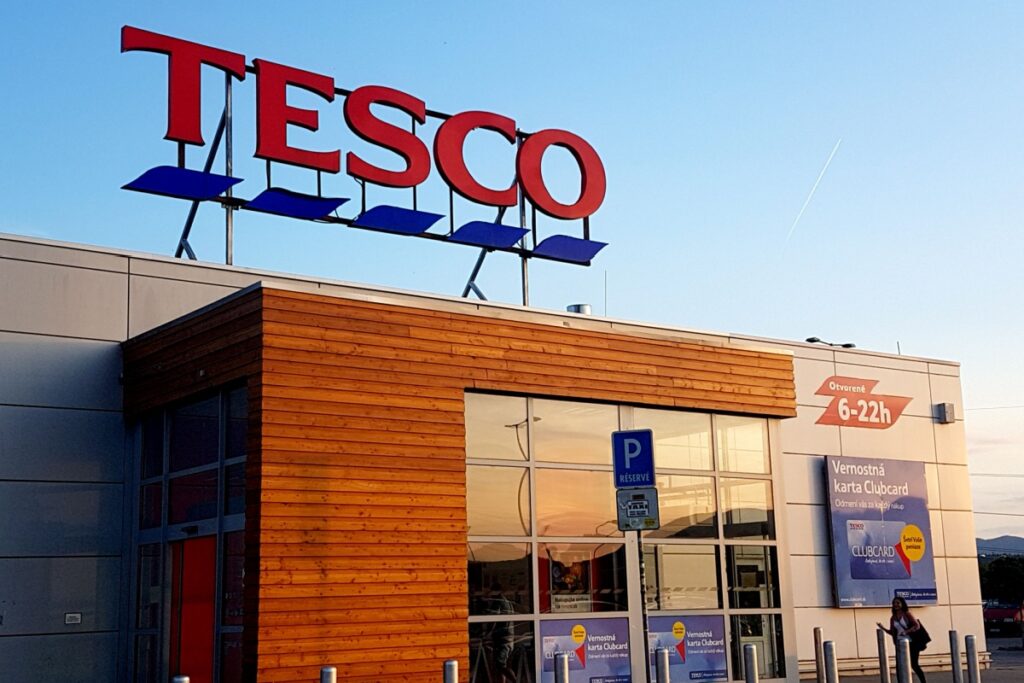Retailers will be hoping for a busy and profitable Christmas but there may be some hidden costs to look out for.
Shopping Centre Promotions
If you are a tenant in a shopping centre, at this time of year the landlord will no doubt have arranged for decorations, a Santa‘s Grotto and possibly some form of entertainment to draw customers in. Who pays for this?
In challenging economic times retail tenants will be closely reviewing any additional charges appearing on their service charge bills, the question being who is responsible for Christmas related expenditure. This may be set out clearly in the lease but in cases of uncertainty, tenants may look to challenge any one off items related to the festive season as costs the landlord alone is responsible for.
Can the landlord recharge these costs through the service charge?
This will depend on what your lease says. The Court in Boots UK Limited v Trafford Centre Limited [2008] EWHC 3372 examined the service charge provisions in Boots‘ lease at the Trafford Centre in Manchester. There were usual service charge clauses as well as limited liabilities to contribute to promotion costs incurred by the landlord on a 50/50 basis with tenants, with a cap on these promotion costs of no more than 10% of the total annual service charge costs. If your lease has similar wording to this, it would also involve analysis of whether the Christmas expenses constitute a “promotion” so that the cost is shared, rather than being passed entirely to tenants through the service charge.
Shopping centre tenants will no doubt wish to closely examine any seasonal expenditure charged through their service charge bills and ensure in any new leases that service charge clauses clearly set out the extent of the parties‘ liabilities, for both seasonal expenses and promotion costs for the centre more generally. Sharing the burden of promotion costs as in the Boots case is encouraged by the RICS service charge code. A collaborative approach with tenants and transparent charging of these costs by landlords and shopping centre managers to promote the busiest season in retail would be a positive step and potentially avoid costly disputes later.
Uninvited Christmas guests
Landlords and retailers with surplus premises should also be alert to squatters targeting empty outlets in the run up to the festive season. Since squatting in residential premises was criminalised in 2012 there is evidence of squatters targeting commercial premises, which were not included in the new law. In addition, seasonal fly traders may identify premises to open up and trade, rent free, for a short but profitable time over Christmas, before disappearing in the New Year without having paid a penny towards the use of the premises, rates and utilities.
While there had been considerable lobbying to extend the law to commercial premises, at the time of writing this is not included in draft legislation currently going through Parliament. As always, prevention is better and more cost effective than cure and anyone with vacant retail or warehouse premises would be well advised to ensure that premises are fully secure and regularly inspected to avoid seasonal fly traders making money at your cost. It is also worth checking your insurer‘s requirements for any vacant premises and ensure these are complied with. Security can range from CCTV, alarms to security guards inspecting or property guardians on site 24 hours. If the premises are likely to be empty long term, isolating services such as gas water and electricity will also make them a less attractive target.
With the Christmas break nearly upon us, squatters may view this as an ideal time to move in where they can trade undiscovered and undisturbed in the final days in the run up to Christmas, as well as the post-Christmas sales. Once discovered they
RELATED STORIES
















